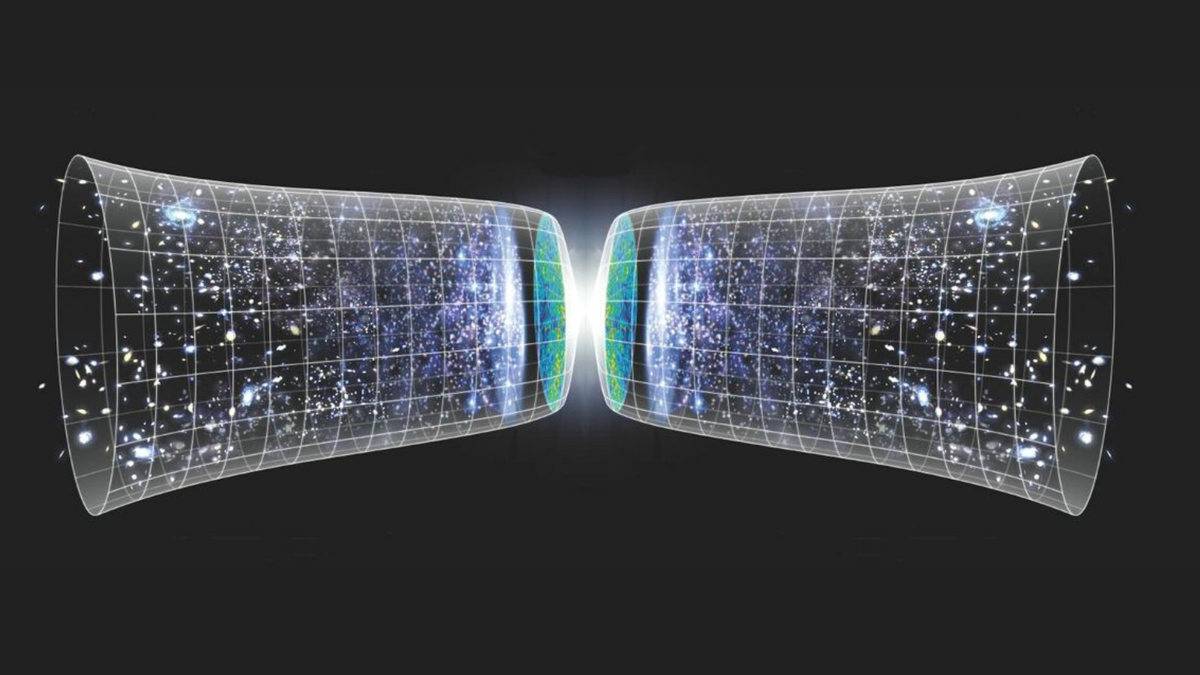
(opens in new tab) "In this new type of model, which addresses problems with entropy, even if the universe has cycles, it still has to have a beginning.".
This issue is eliminated by a bouncing universe because if periods of inflation and collapse are infinite, then there was no beginning and thus no need to explain what preceded it.This would see the universe undergo similar inflation as suggested by the cosmic inflation model, but then 'springing back' on itself in a 'Big Crunch' of sorts.
"Unfortunately, it's been known for almost 100 years that these cyclic models don't work because disorder, or entropy, builds up in the universe over time, so each cycle is different from the last one."A recent cyclic model gets around this entropy build-up problem by proposing that the universe expands a whole bunch with each cycle, diluting the entropy.".
Our proof shows in general that any cyclic model which removes entropy by expansion must have a beginning," he said, adding one bouncing universe may survive this assessment.
"Our proof does not apply to a cyclic model proposed by Roger Penrose, in which the universe expands infinitely in each cycle!
She highlighted the problem the duo had with a bouncing universe: "The idea that there was a point in time before which there was nothing, no time, bothers us, and we want to know what there was before that — scientists included!
"But as far as we can tell, in models that address entropy, there must have been a 'beginning.' There is a point for which there is no answer to the question, 'What came before that?'".